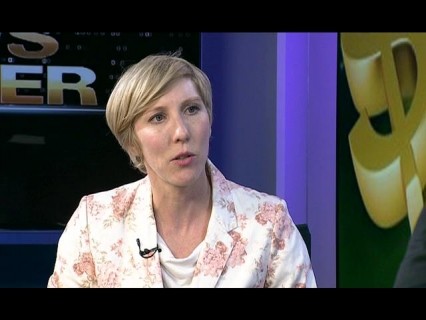Derivatives Specialist
Post on: 17 Апрель, 2015 No Comment

Derivatives Specialist
Derivatives are financial instruments, which protect banks, and other companies, from unexpected swings in the value of currencies, or commodities, by allowing traders to hedge their bets. There are derivatives of almost all types of tradable asset. The most common types for ordinary investors, however, are convertible bonds, currencies, futures and options which are based on underlying physical commodities (base, or precious, metals, oil, etc.) and shares. Many investors in everyday financial products, such as insurance policies, or pension funds, may whether they fully appreciate it or not be investing in derivatives.
The role of a derivatives specialist, therefore, is to monitor world markets in an effort to predict the state of a particular market, or markets, at a future date. This information provides the basis for advising clients on the best way to position themselves with markets, and to conduct trades that is, buying or selling on behalf of the client. It is unusual for markets to fluctuate wildly, so most contracts will be settled, or sold, for a small profit or loss. Large losses can be incurred, however, if a market shifts significantly, and because many financial deals, nowadays nationally as well as internationally are complex, and inherently risky, risk management is part of the job.
Investment bankers have become increasingly more creative about the use of derivatives companies can, for example, use weather derivatives to protect themselves from unforeseen weather events which has led to a burgeoning derivatives industry, in which financial rewards, and career prospects, for adept specialists, are excellent.

Skills & Qualifications
A Bachelors’ Degree, or even a Post-Graduate Degree, in finance, mathematics, or a related discipline, is likely to be necessary for a career as a derivatives specialist. This may need to be supplemented by a professional qualification in derivative fundamentals, or risk management, and knowledge of or, at least, the ability to learn and support the derivatives market. The trading of options, or futures, for example, requires far greater control, in the execution of orders, than conventional stock investments, so an understanding of the rules and procedures for order execution may be advantageous.
Strong analytical and mathematical skills are obviously required, but, on a more personal level, the role of derivatives specialist demands self-confidence, determination, and the ability to think on one’s feet. The ability to make accurate, informed decisions quickly in what is often a high pressure environment is crucial. Excellent communication skills, verbally, and in writing, and familiarity with trading, risk management and processing platforms, such as Murex or Calypso, are also desirable.














